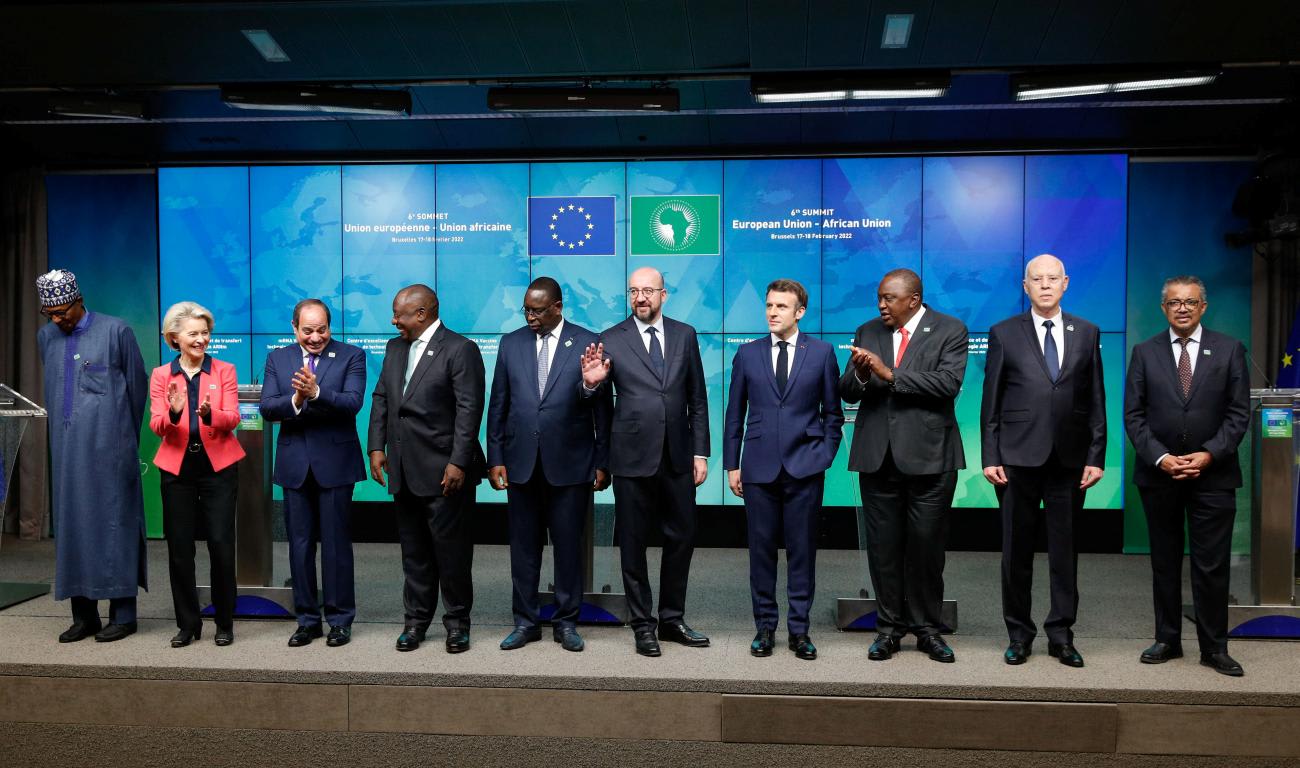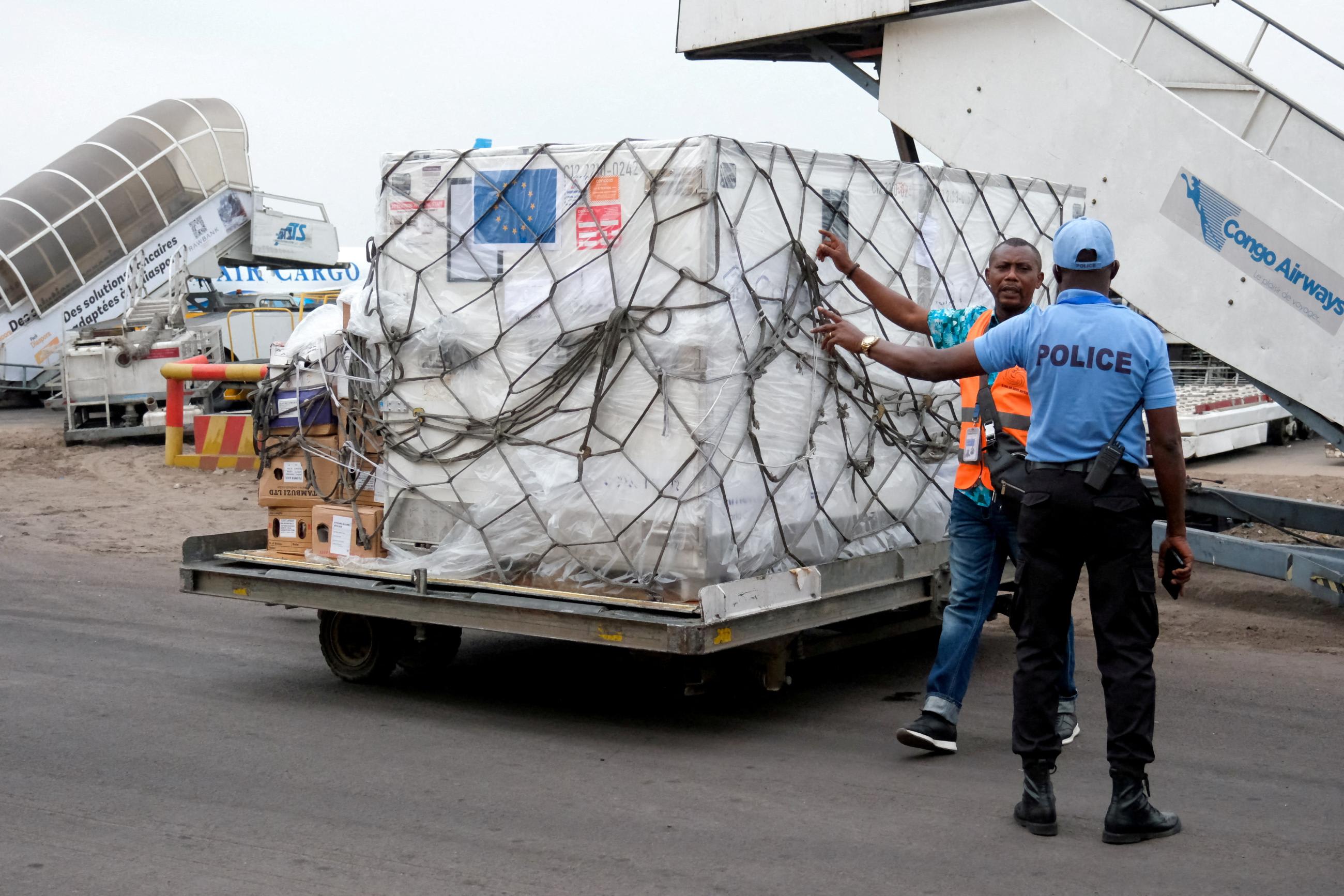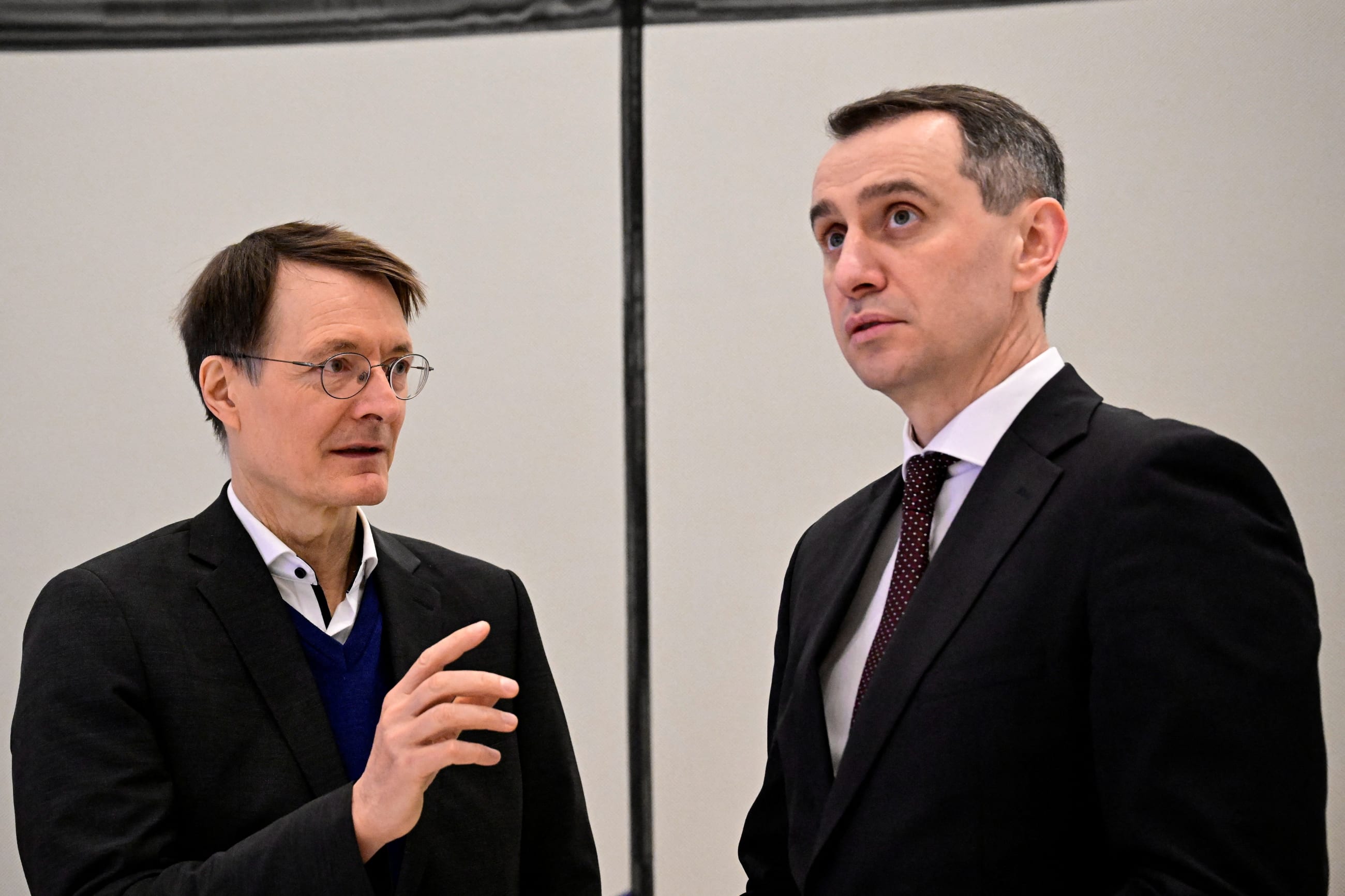The international system of actors and institutions is transforming. China, Russia, and the diverse group of low- or middle-income countries (LMICs) often referred to as the Global South are challenging Western military power, economic thinking, and political influence. The extent and speed of that transformation are much debated, but the concept of a multipolar world order is taking root. What will such an order mean for global health diplomacy and governance?
After the Cold War, a proliferation of Western-dominated initiatives characterized global health. Ostensibly intended to promote health-system sustainability and to transition LMICs from external support to self-sufficiency, those initiatives have come under intense criticism as "unsustainable and infantilizing." The COVID-19 pandemic thrust health away from technical experts and onto the agendas of political leaders already grappling with the return of geopolitics in international relations.
The emerging multipolar health order has its own characteristics. Nations at all levels of economic development desire to strengthen health sovereignty by elevating health as a national interest and reducing dependence on external actors. When national independence is impractical, many countries seek regional autonomy on health. In addition, the great powers and countries pursuing nonalignment are exploiting geopolitics to gain advantages in health cooperation.
Those three trends could enable better health by drawing political attention to health, reducing dependencies, and building stronger national and regional health capabilities and institutions. The multipolar order, however, does not guarantee those outcomes. That new order faces many challenges that could overwhelm health diplomacy and governance in coming years.
Embracing Health Sovereignty
Globalization was a defining feature of post–Cold War international relations, driven by transnational actors, opportunities, and threats. National sovereignty often took a back seat. The emergence of a multipolar world order has renewed interest in sovereignty across the international system.
The new multipolar order faces many challenges that could overwhelm health diplomacy and governance in coming years
That change makes sovereign rule more important in global health diplomacy and governance. Today, diplomats, national security experts, and global health professionals have to develop new ways of understanding health threats and crafting workable pathways for collective action.
With greater sovereignty as a purpose and metric of health diplomacy, diplomats need to understand the politics of health, build relationships and trust beyond traditional modes and blocs of cooperation, and avoid false dichotomies about health in different countries. Calls for strengthened health diplomacy in Africa, as well as the proliferation of health diplomacy courses, are encouraging, but more countries should consider appointing dedicated ambassadors for health. Currently, only a few countries have such envoys—Australia, France, and Sweden, for example.
Over time, an increased emphasis on health sovereignty could catalyze new ways of providing development assistance for health that focus more on global public goods (for example, research and development or disease surveillance) and less on filling gaps in national health budgets. Promoting health sovereignty could also help counteract the tendency to elevate health issues to the international level, by focusing negotiations on issues within the scope of collective action while stressing the national responsibility for protecting and promoting health.
An approach anchored in health sovereignty, however, comes with risks. The political appetite for increasing national health budgets has often been sporadic, unsustained, and vulnerable to fiscal and economic factors beyond the health sector's control. Rapidly reducing a nation's dependence on external supply chains or foreign aid could disrupt health systems in the absence of domestic resources and national capabilities. Donor and recipient governments might also value significant health assistance for other, non-health purposes, such as enhancing political influence or generating economic benefits.
Emphasizing Regional Autonomy
The emergence of a multipolar global health order also involves renewed interest in regionalism. Regional health engagement dates back decades, but in the wake of COVID-19 achieving more regional autonomy in health has become increasingly important, as seen in how the European Union and African Union have elevated their health activities. The movement toward reinvigorated regionalism can contribute to finding solutions to health problems, improving accountability for countries, and strengthening the legitimacy of health diplomacy for citizens.

Stronger regional capabilities can support deeper coordination between regions and foster the potential for economies of scale in responding to transnational health threats. Avoiding scarcity of vaccines and other important health commodities should be high on regional health agendas for ethical, political, and economic reasons. Interregional cooperation to enhance purchasing power, tackle bottlenecks, and address market failures could be more effective than bilateral approaches. As regional health autonomy grows, the roles of the World Health Organization—including its regional offices—and other intergovernmental bodies might need to adapt in the interest of effective health multilateralism.
As true of health sovereignty, pursuing regional autonomy will not be simple. Effective regional collaboration requires funding from its member states, functional institutions, continuous negotiations, and political compromise. Non-health crises, such as armed conflicts, often batter regional organizations and threaten to derail regionalism across policy sectors. Those challenges, however, highlight the heightened importance of health diplomacy in a multipolar system.
Exploiting Geopolitical Competition
In the post–Cold War era, global health diplomacy and governance were largely spared from balance-of-power dynamics and ideological competition. Health ministries and attachés managed health negotiations and cooperation rather than ministries of foreign affairs and career diplomats. The return of geopolitics to the international system, however, presents a conundrum for health diplomacy.
As seen during the COVID-19 pandemic, global health threats can give rise to geopolitical competition, and such competition can alter how governments approach health issues. Many in global health see the impact of geopolitics on health diplomacy and governance as harmful interference with the imperative to focus on the science, epidemiology, and ethics of health problems.
Decoupling health from foreign policy concerns dominated by geopolitics, however, is unlikely to be possible or acceptable for most countries. Health officials, experts, and advocates have spent decades arguing that health should be more politically important because of the ways health affects political agendas and national interests concerning—among other things—national security, trade, and environmental protection. That perspective now confronts a seismic change in the form of geopolitics that it cannot escape.
For example, engaging in health diplomacy with countries across the geopolitical spectrum is a strategy LMICs can use to gain advantages in a multipolar world. That strategy could support their efforts to enhance health sovereignty and regional autonomy. High-income countries also realize that they cannot ignore geopolitical competition in any area of foreign policy. Navigating a multipolar order requires what Finnish President Alexander Stubb called "values-based realism" or, in a different formulation, what British Foreign Secretary David Lammy termed "progressive realism."
Decoupling health from foreign policy concerns dominated by geopolitics, however, is unlikely to be possible or acceptable for most countries
Those concepts support the continued pursuit of collective action, including in global health, in a geopolitical world. Put differently, governments can cooperate on public health problems while competing for global power and influence. The ability and courage to confront common health threats amid geopolitical rivalry requires leadership that can keep such rivalry from preventing cooperation.
The greater threat for health diplomacy is that geopolitical competition intensifies outside the health sector and undermines cooperation on security, economic, environmental, and other issues in ways that directly and indirectly damage health within and among countries. To avoid the risks that a more polarized world creates for health, states need to manage geopolitical competition to sustain stability in a multipolar system—a responsibility that health diplomats cannot shoulder on their own.
Equity, Solidarity, and Justice in a Multipolar Health Order
The emergence of a multipolar world order—and the policy shifts involving health sovereignty, regional autonomy, and geopolitical competition—challenges much of contemporary global health thinking. Equity, solidarity, and justice remain important elements of global health, but they will increasingly share the stage with national sovereignty, regional capabilities, and geopolitical calculations.
In important ways, the challenge is different from the one associated with the long-debated risks of securitizing health. Indeed, health sovereignty, regional autonomy, and geopolitics could offer an alternative way for LMICs to advance equity, solidarity, and justice by building stronger national and regional capabilities, including, when possible, by exploiting geopolitical competition. In theory, a multipolar order could produce more equitable outcomes for the weakest through strategies that balance realism and idealism in global health.
The world confronts many growing threats to human health, including antimicrobial resistance, armed conflict, climate change, obesity, and zoonoses. For the foreseeable future, domestic and foreign policy responses to those and other health threats will unfold in a still-evolving multipolar order. It is, however, already clear that the future of health diplomacy and governance will differ from the post–Cold War era. The big question now is whether the changes under way can lead to better health outcomes around the world.













